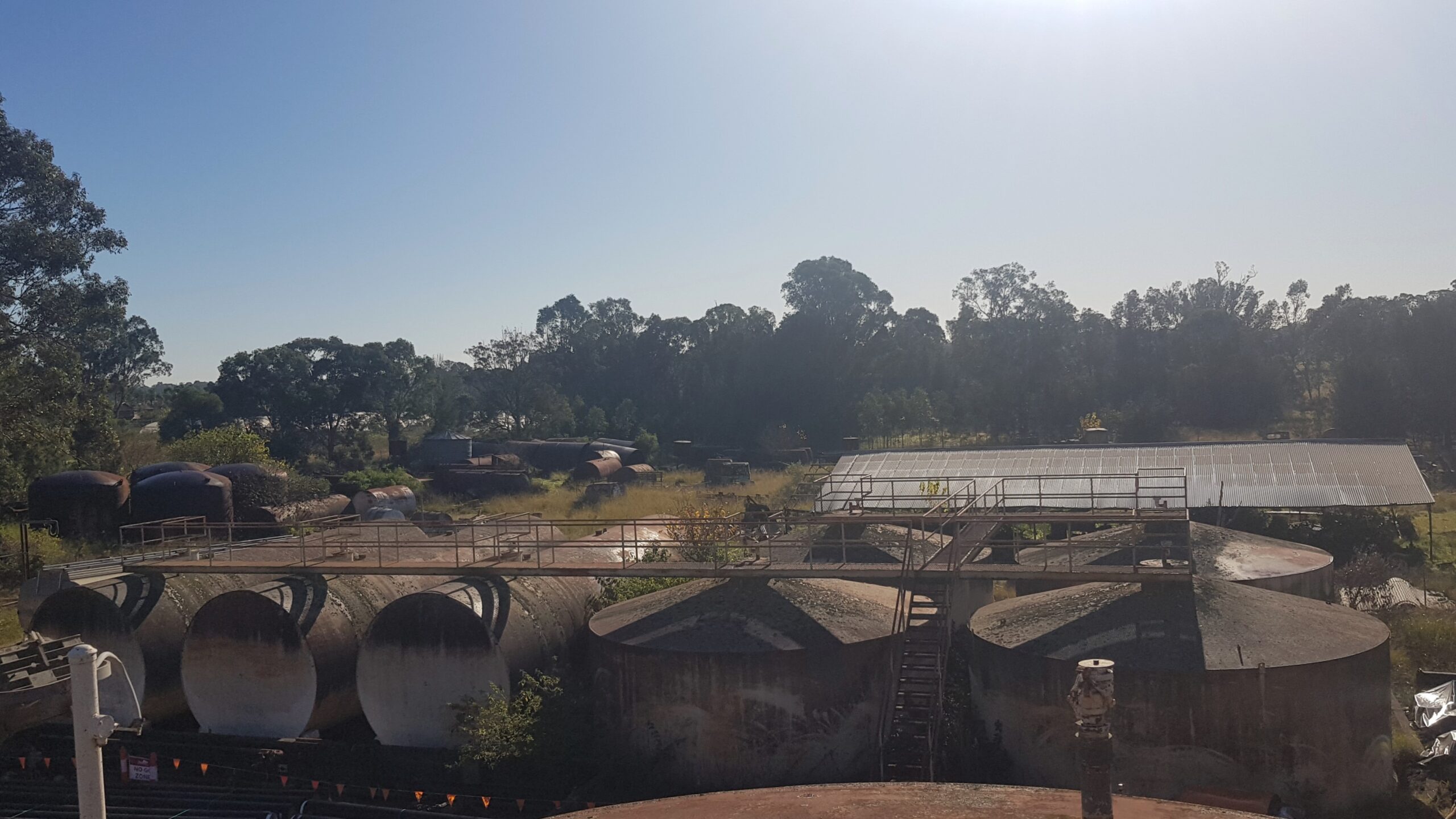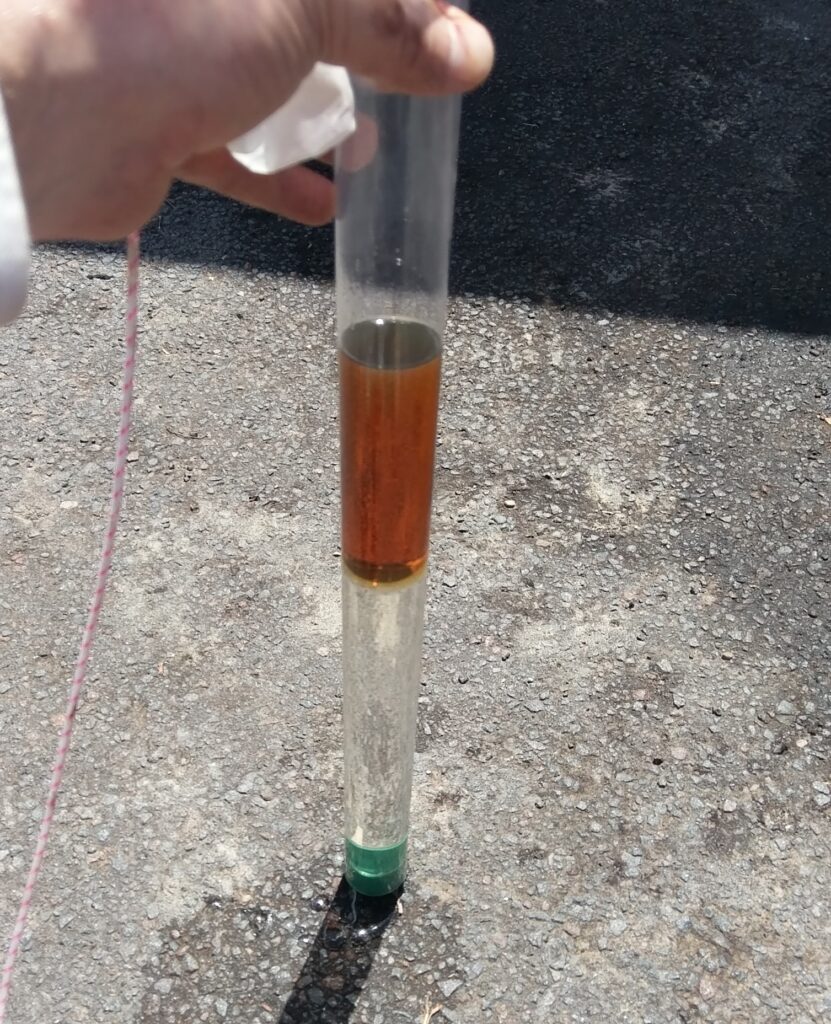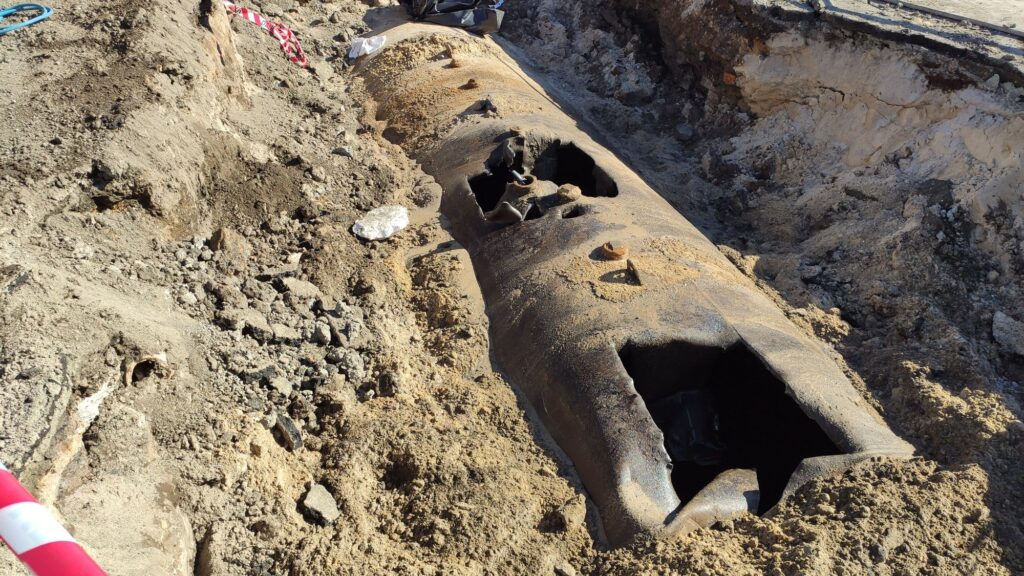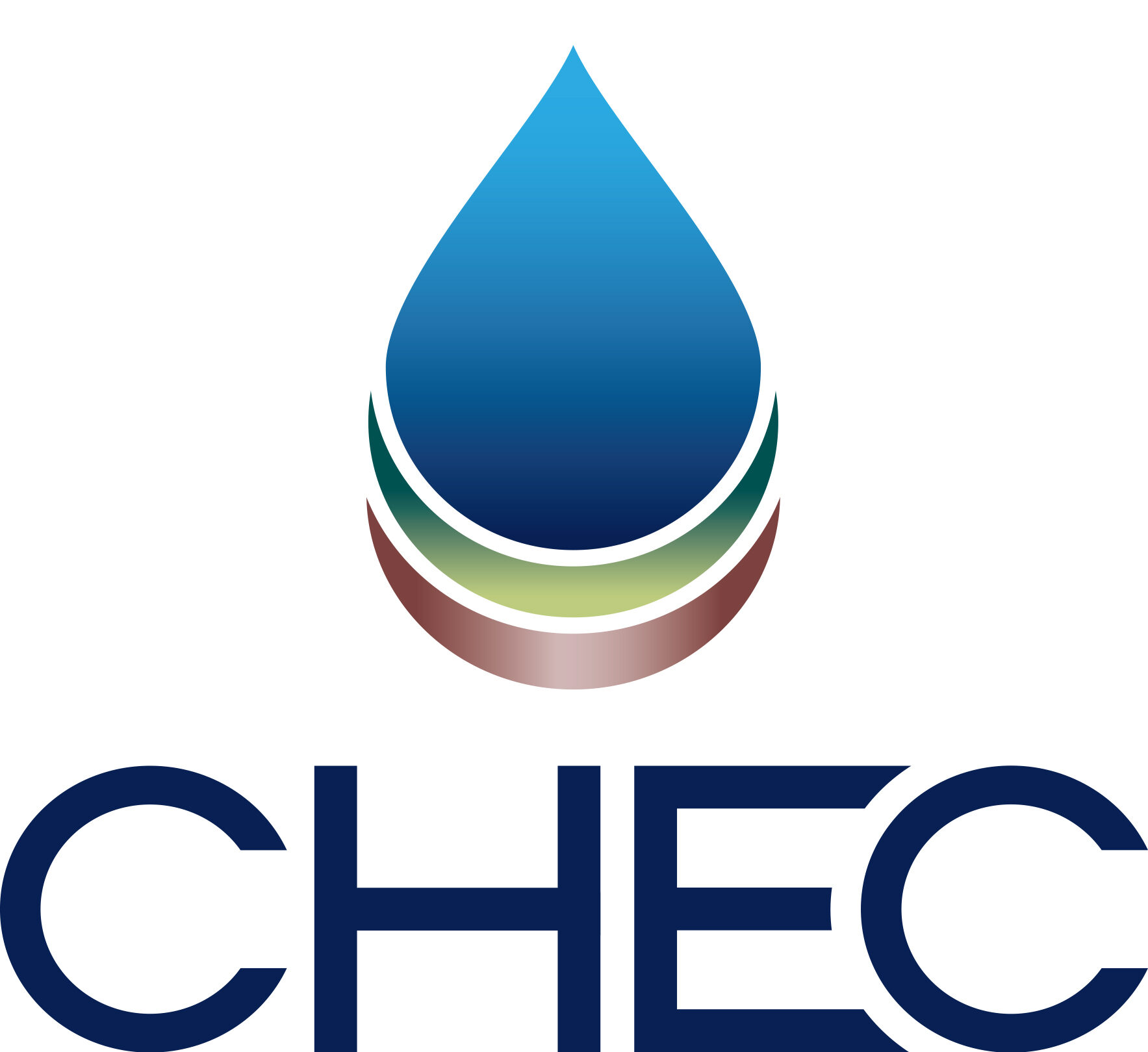
Petroleum Storage Systems
Petroleum and organic solvent products can be stored above and below ground, which presents unique environmental and health risks when they fail or need to be removed
All Underground Petroleum Storage Systems (UPSS) in must be managed in accordance with the Protection of the Environment Operations (Underground Petroleum Storage Systems) Regulation 2019
CHEC has extensive experience monitoring, decommissioning and remediating UPSS installations with a variety of petrochemical products. Our industry certified reporting is required by the regulators and provides clients with confidence to make informed decisions, as well as being fully compliant with their obligations under the regulation.


To detect any contaminant release into groundwater and/or soils, a secondary leak detection system is required for every UPSS installation. This will generally consists of a groundwater or soil vapour monitoring network that must be tested every 6 months.
CHEC has many years experience designing, installing and monitoring leak detection wells, which allows us to design the optimal system for monitoring any site. Proper design allows collection of representative data, which is important in the event that leakage does occur. It also assists to negotiate any remedial strategy with the regulator.
Working in partnership with professional and experienced remedial contractors, CHEC is also able to project manage remediation and/or decommissioning should it be required.
Whether above or below ground, once a fuel storage system is abandoned, it must be decommissioned. This can be a hazardous undertaking, which is why in NSW it is regulated by a number of Australian Standards, Safework codes of practice and EPA technical Notes.
CHEC has managed the removal and destruction of many UPSS’s in a various states of serviceability and within a range of geological profiles. This includes assessment, degassing, destruction and remediation of residual soil and groundwater.


The regulation also requires that the decommissioning process is documented by a suitably qualified person as part of a decommissioning report. The attention to detail provided in a CHEC decommissioning report enables an efficient approval process by both private and government certifying authorities.
Contact A CHEC Consultant Now For Professional Advice On Your Site
